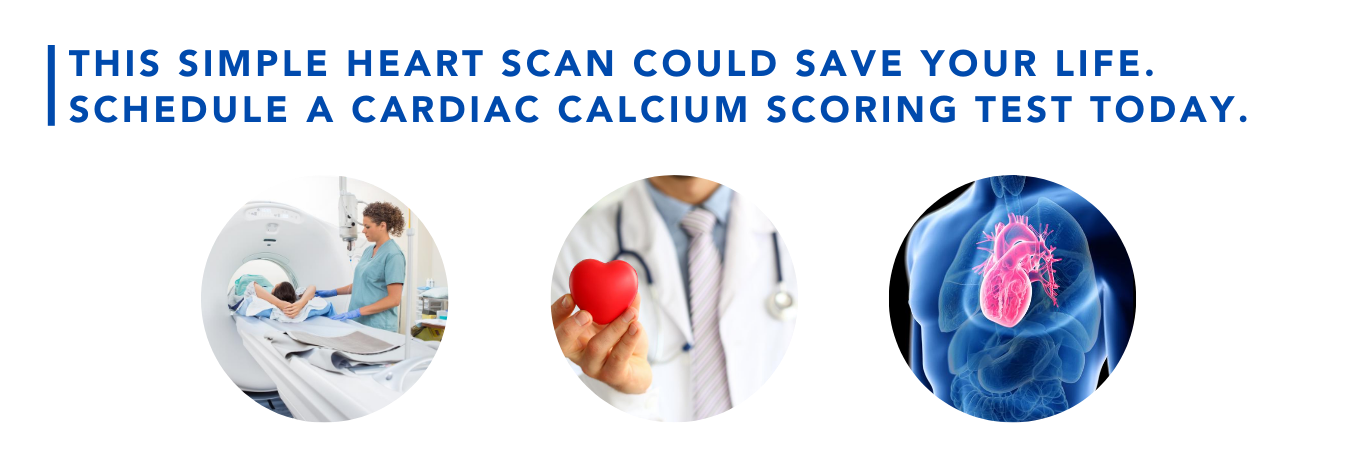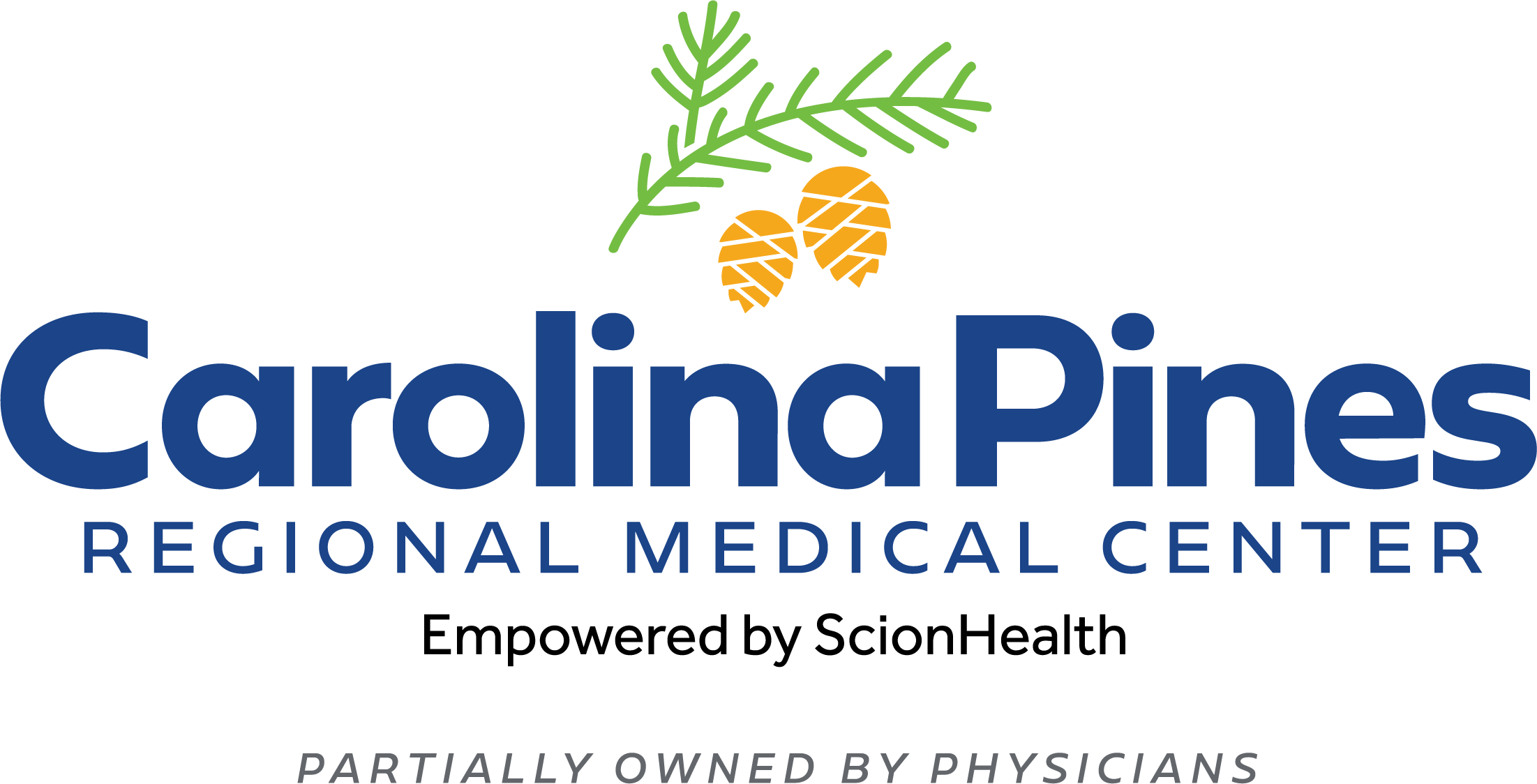Cardiac Calcium Scoring
Call 843.339.4790Is your heart at risk?
Heart disease is the leading cause of death for men and women in the United States and Cardiac Calcium Scoring is a safe, painless way for doctors to detect potential heart problems in advance. The results allow your doctor to calculate your risk of heart attack and detect early blockage and plaque build up. This gives you the opportunity to make lifestyle changes that can help prevent or minimize the advancement of heart disease.
A referral from a provider is required. Call your primary care doctor or cardiologist to schedule a Cardiac Calcium Scoring test today. To find a doctor, click here.
Next Steps
How does the test work?
The test measures the amount of calcium that has built up in your coronary arteries. It does not require any needles or other invasive measures. There are no preparations or medication changes, and you can resume all normal activities immediately afterward.
Results are recorded as a numeric score. The higher your score, the more calcium you have. A zero score means you have no calcium and are at low risk of having a heart attack in the next several years.
Because the test does involve a modest amount of radiation exposure, the American Heart Association and the American College of Cardiology do not recommend the test for everyone, just for those at risk.
- Calcium scoring is done using a CT scan and does not require the use of contrast dye.
- The takes approximately 20 minutes.
- Tests will be administered at Carolina Pines Regional Medical Center
What factors make you a good candidate for a Cardiac Calcium Scoring test?
Your doctor may want you to have a cardiac calcium scoring test if it can help you and your doctor make decisions about how to lower your risk for heart disease and heart attack. This test might be most helpful for people who do not have heart disease but who are at medium risk for heart disease. Your doctor can help you know your risk of heart disease and heart attack. Your doctor will look at things that put you at risk, including blood pressure, cholesterol, diabetes, and your age, sex, and race. Those who may best qualify for the test include:
- Men, age 40+
- Women, age 50+
.... with one or more additional risk factors, such as:
- High blood pressure
- Diabetes
- Smoker
- High cholesterol
- BMI>30
- Family health history of premature cardiovascular heart disease (prior to age 55 in males and prior to age 65 in females)
Patients should refrain from all caffeine the day of their test and should have a resting heart rate of 120 bpm or less.
*Radiology reading is billed separately.

